

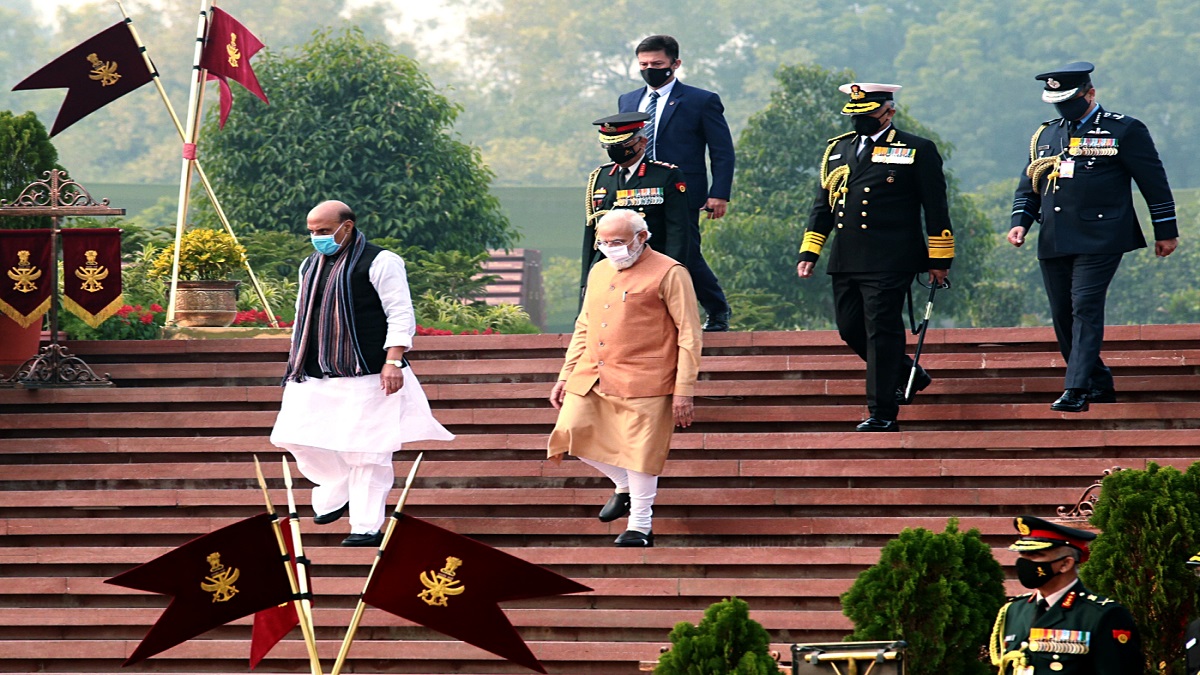
During his address on Kargil Vijay Diwas, Prime Minister Narendra Modi defended the Agnipath scheme as a necessary reform for keeping the armed forces young and fit for war. He refuted accusations that the scheme was launched to save pension money and criticized the opposition for politicizing a sensitive issue related to national security. Modi stated that the issue of making the armed forces younger has been discussed in Parliament and committees for years but the will to resolve it was not shown earlier.
Kargil Vijay Diwas: PM Modi Defends Agnipath Scheme, Criticizes Opposition
Background:
Kargil Vijay Diwas is observed on July 26th every year to commemorate the victory of the Indian Armed Forces over Pakistan in the Kargil conflict in 1999. The conflict lasted for over two months and resulted in the Indian Army reclaiming control of the strategic heights in the Kargil-Dras sector in the Himalayas.
Agnipath Scheme:
The Agnipath scheme, introduced by the Indian government in June 2022, is a short-term contract-based hiring system for the Armed Forces. Under the scheme, recruits are hired for a four-year term, after which they are discharged. A small percentage of them may be retained after the four years.
PM Modi's Address on Kargil Vijay Diwas:
During his address on Kargil Vijay Diwas, Prime Minister Narendra Modi spoke about the significance of the day and lauded the bravery and sacrifice of the Indian Armed Forces. He also defended the Agnipath scheme, saying that it is a necessary reform for keeping the Armed Forces young and fit for war.
Criticism and Defense of Agnipath Scheme:
The Agnipath scheme has been met with some criticism, particularly from opposition parties, who claim that it is a move to save pension money. However, the government has refuted these accusations, stating that the scheme is designed to improve the operational efficiency and effectiveness of the Armed Forces.
Top 5 FAQs and Answers:
1. What is the purpose of Kargil Vijay Diwas? Answer: To commemorate the Indian Armed Forces' victory over Pakistan in the Kargil conflict in 1999.
2. What is the significance of the Agnipath scheme? Answer: To make the Armed Forces younger, fitter, and more agile, and to enhance operational effectiveness.
3. Why has the Agnipath scheme faced criticism? Answer: Some critics believe that it is a move to save pension money and reduces job security for soldiers.
4. What are the benefits of the Agnipath scheme? Answer: It provides an opportunity for young people to serve in the Armed Forces and gain valuable skills and experience, while also reducing the burden of pensions on the government.
5. What are the future prospects of the Agnipath scheme? Answer: The government has stated that the scheme will be reviewed after four years and modifications will be made based on feedback and experience.
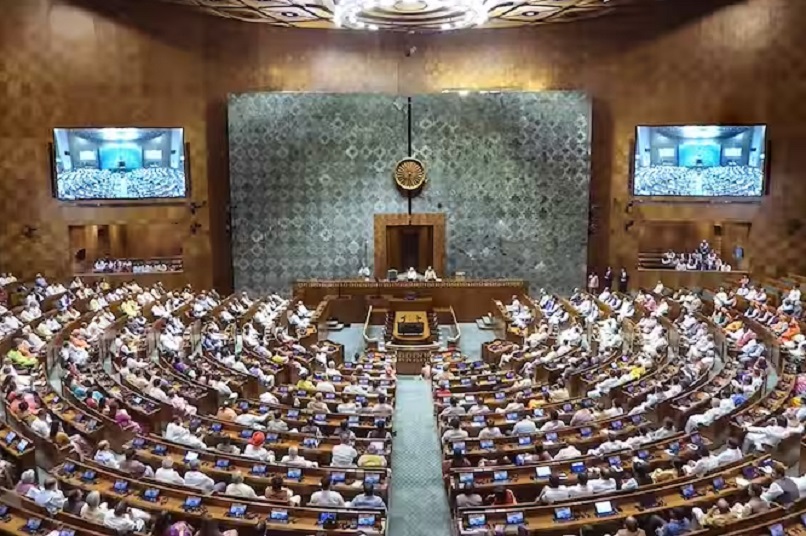
The Waqf Amendment Bill 2025 was passed by Parliament after a 13-hour long debate in the Rajya Sabha. The government hailed it as a "historic reform" for the benefit of the minority community, while the opposition criticized it as "anti-Muslim" and "unconstitutional". The revised bill, which aims to enhance the management and registration process of waqf properties, was approved by both Houses of Parliament and awaits presidential assent to become law. The Union Minority Affairs Minister noted that the Joint Parliamentary Committee's consultation process for this bill was the largest in India's democratic history, receiving over 97 lakh petitions and opinions from various stakeholders.
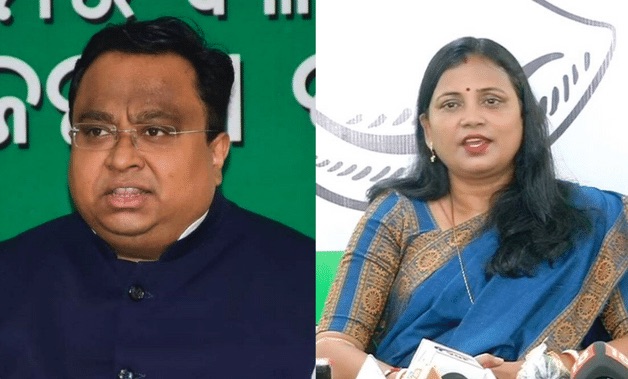
In a surprising turn of events, the ruling Biju Janata Dal (BJD) allowed its seven Rajya Sabha MPs to vote their conscience instead of following the party whip, resulting in the passage of the controversial Waqf (Amendment) Bill in the Upper House. The final tally of 128 in favour and 95 against exposes divisions within the Opposition, with some parties raising concerns about the bill's potential impact on minority communities. BJD's decision to allow a free vote was driven by the party's sensitivity towards various sections of the minority community.

After Rajya Sabha passed the Waqf Amendment Bill with 128 votes in favour and 95 opposing it, JDU Minority Secretary Shah Nawaz Malik resigned from the party and other posts in protest against the party's stand on the bill. He stated that the party's support for the bill was a betrayal of Indian Muslims and went against their belief in the party's secular ideology. The bill, which aims to enhance the administration and management of waqf properties, is facing widespread opposition from the minority community, with the Grand Mufti of Jammu and Kashmir, Mufti Nasir-ul-Islam, calling it anti-Muslim and stating that the community is planning to challenge it in the Supreme Court.

Tamil Nadu Chief Minister MK Stalin has declared that his political party, the DMK, will challenge the recently passed Waqf Bill in the Supreme Court. The CM condemned the passing of the amendment at 2 am, alleging pressure from a few allies, despite opposition from most parties in India. He also highlighted that the state Assembly has already passed a resolution opposing the amendment, and that a case will be filed in the Supreme Court on behalf of the DMK. The Waqf Bill seeks to improve the administration and management of waqf properties in India, but its passing has been met with criticism and opposition.
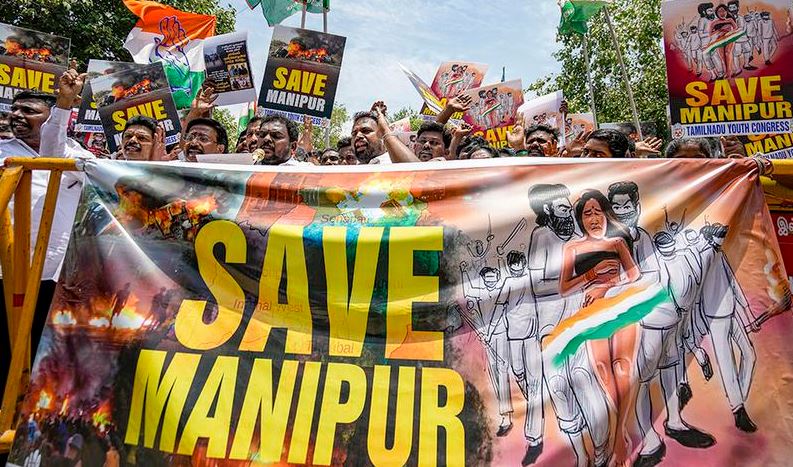
The Lok Sabha was in session until the early hours of the morning, debating and passing important bills. However, amidst the proceedings, the government initiated a short discussion on the proclamation of President's Rule in Manipur at 2 AM which lasted only 41 minutes. The Opposition was surprised and protested, but the Speaker allowed the discussion to continue. Congress MP Shashi Tharoor, in his speech, highlighted the failures of the government in maintaining law and order in Manipur and questioned the timing and necessity of the President's Rule.
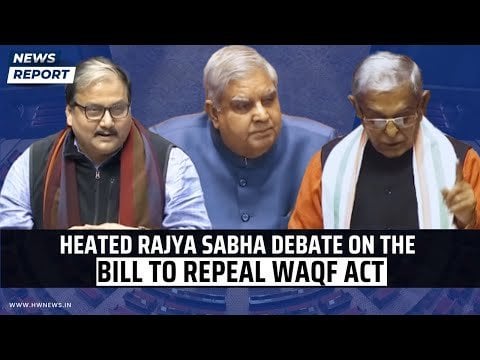
The Waqf Amendment Bill, which was earlier passed by the Lok Sabha, sparked a heated debate in the Rajya Sabha today. While BJP MP JP Nadda defended PM Modi's welfare for all principle, Shiv Sena MP Sanjay attacked the BJP for ignoring the interests of Muslims. Union Minister Giriraj Singh also joined in, accusing the Congress of crossing the limits of appeasement by giving away 123 properties to Waqf in Lutyens' Delhi overnight in 2013. The debate highlights the deep division and polarizing views over the proposed amendments to the Waqf Act in Uttar Pradesh, the state with the highest number of Waqf properties in the country.

In a digitized effort, Chief Minister Devendra Fadnavis transferred a grant of ₹25 crore to 560 gaushalas across the state under the Desi Cow Conservation Scheme. This first phase of the scheme will benefit over 56,000 indigenous cows for their upkeep. Fadnavis emphasized the importance of preserving indigenous cows for rural development and praised the initiative taken by the Maharashtra Goseva Commission. With lower milk productivity, these cow shelters play a vital role in providing necessary care for non-milking and unproductive cows, making the scheme a major relief for them.

Samajwadi Party chief Akhilesh Yadav criticized the BJP for taking 10 months to select a national president, while Amit Shah countered by pointing out dynastic practices among opposition parties. Reports suggest that the BJP will announce its new national president by the third week of April to replace JP Nadda. Nadda's tenure was extended until June 2024, but the new president will still be chosen after a process involving the party's 12-13 crore members.
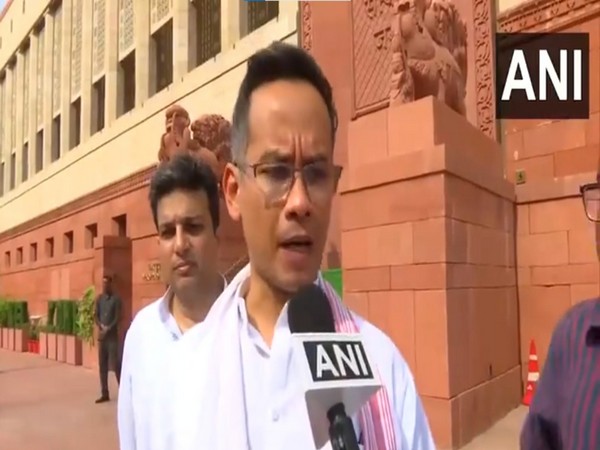
Congress MP Gaurav Gogoi vehemently opposes the Waqf amendment bill during a Lok Sabha discussion, stating that it is an attack on the foundation of Parliament and the Constitution. He also alleges that the government has ulterior motives for pushing the amendment, including diluting the Constitution, defaming minorities, dividing society, and disenfranchising the minority community. He questions the timing of the amendment and accuses the BJP-led government of restricting religious freedoms in India.
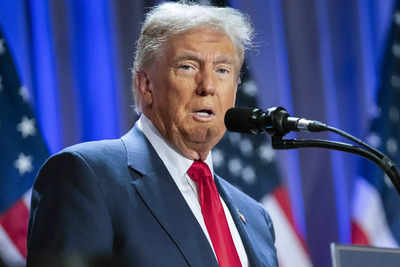
US President Donald Trump has sparked controversy by hinting at ways to stay in power beyond his second term. While the 22nd Amendment limits presidential terms to two, Trump believes there are "methods" to get around it. This raises concerns about the sanctity of democracy and the potential for abuse of power. The idea of a third term for any president has been largely rejected in American history, making this a crucial issue to watch.